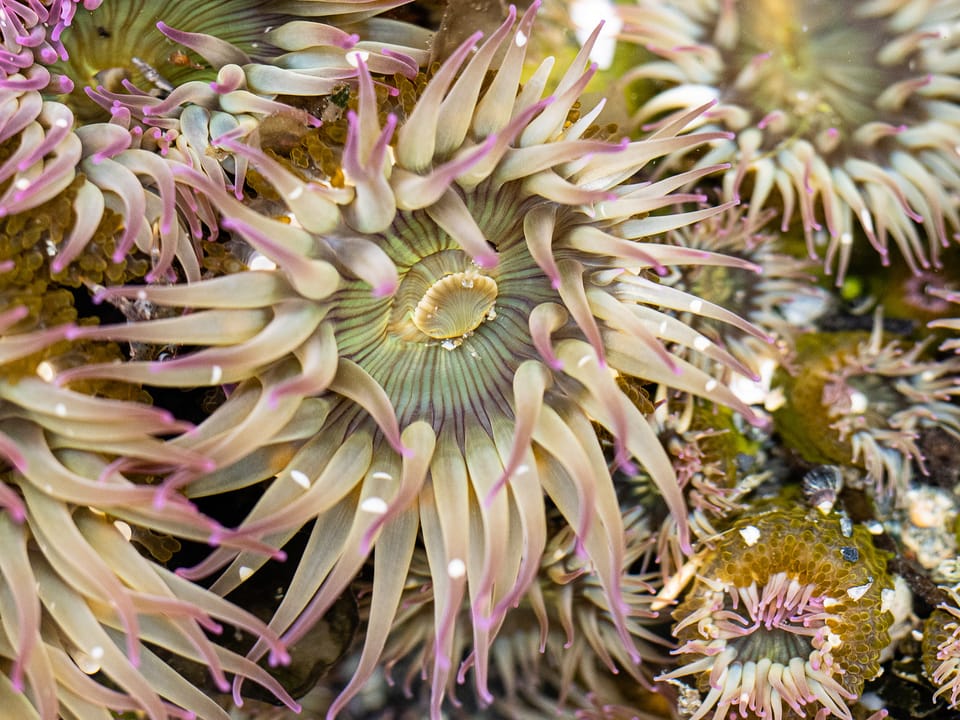EcoWest News, July 11, 2023

Welcome to EcoWest News, a weekly round-up of news and resources that you can put to use in addressing environmental issues and protecting the wild in your community.
Across the West
Alberta has over 1,300 km2 of badlands. In addition to the fantastical geology of these areas, they’re home to rare wildflowers along with nooks and crannies for creatures ranging from bees to great horned owls. [Nature Alberta]
As part of an international movement to create zero-emissions maritime shipping routes, including one for cruises in the Pacific Northwest, University of Victoria researchers will be studying zero- and low-carbon energy sources and alternative fuels. [Pacific Institute for Climate Solutions]
Mining to obtain the last remnants of cesium, a precious mineral, in Manitoba could require open-pit mining or partially draining a lake. [CBC]
Across Canada
Canada’s Clean Fuel Regulations are now in effect. They “set increasingly stringent requirements on fuel producers and importers to reduce the carbon intensity of transportation fuels such as gasoline and diesel" by 15% by 2030. [Clean Energy Canada]
Around the World
Butte Falls, Oregon, has purchased a circle of forested land around its community. “Instead of harvesting the land—which could provide an immediate, short-term boon to the town economy—locals want to grow an older and biodiverse forest that they say will better protect the town from wildfires, while attracting outdoor tourism.” [Inside Climate News]
Outdoor trails and other projects need to consider how they will impact wildlife as the mere presence of human sound, no matter how loud or quiet, fast or slow, changes how animals behave. [High Country News]
From underwater zooplankton to pollinating moths, artificial light is an ever-growing threat to biodiversity. Research is intent on developing less harmful LED lights and street lights that don’t attract insects. [7-min video, Financial Times]
“Carbon capture makes sense in hard-to-decarbonize sectors like heavy industry, but it makes little sense as retrofitting for old power plants.” [Inside Climate News]
Have Your Say
“PFAS, also known as forever chemicals, are used in various consumer products and industrial processes for their water and stain-resistant properties” but have a toxic effect on our health and the environment. The Canadian government has released a report detailing the risks of PFAS exposure and potential management options and the public has until July 19 to provide feedback. [The Tyee]
The Foran McIlvenna Bay Project aims to mine 65 million pounds of copper near Hanson Lake, SK, pumping effluent back into Hanson Lake, and impacting muskeg, caribou, and watershed. [environmental impact assessment] Send your feedback to Candace Piper at environmental.assessment@gov.sk.ca. [For Peat’s Sake – Protecting Northern Saskatchewan Muskegs]
DIY
Before purchasing a heat pump, we should pay attention to the type of refrigerant being used as it can contain significant greenhouse gases. [Lloyd Alter]
By growing a garden, you are providing nutrients for insects, a source of food for many insect-eating birds. [Birds Canada]
Native bees are more likely than honey bees to spread their pollen to other plants, producing more diverse offspring that are more likely to germinate, grow, and reproduce. [Yale Environment 360]
Policy change is the path to large-scale systemic change and each of us can contribute by voting and getting more people to vote for pro-climate candidates. [Grist]
Nature’s Wonders
Thanks to single-celled algae living inside their tissues, sea anemones have a back-up plan when regular food supplies (small fish, mussels) run low. At these times, such as at low tide, the algae step in and produce food for the anemone through photosynthesis. [Seaquaria]
Snails, such as the endangered Oregon Forestsnail, play an important role in seed dispersal and decomposition in BC’s mixed-deciduous forests. They’re often found near big leaf maple and stinging nettle. [Nature Trust British Columbia]
Photo credit: https://www.flickr.com/photos/apmckinlay/52238964389
EcoFriendly West informs and encourages initiatives that support Western Canada’s natural environment through its online publication and the Nature Companion website/app. Like us on Facebook, follow us on Twitter or Mastodon, or subscribe by email.

Member discussion